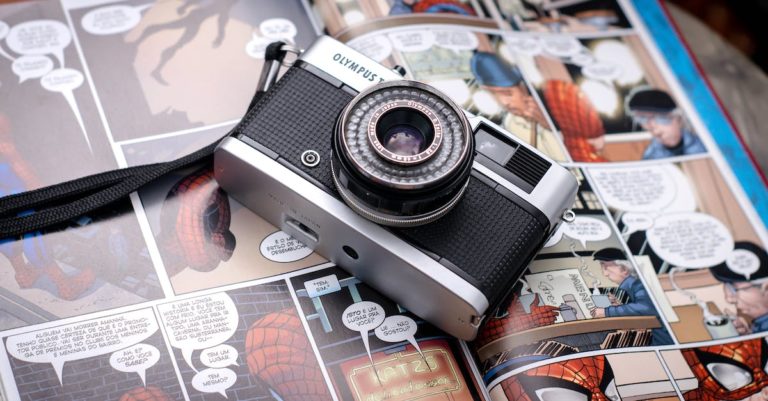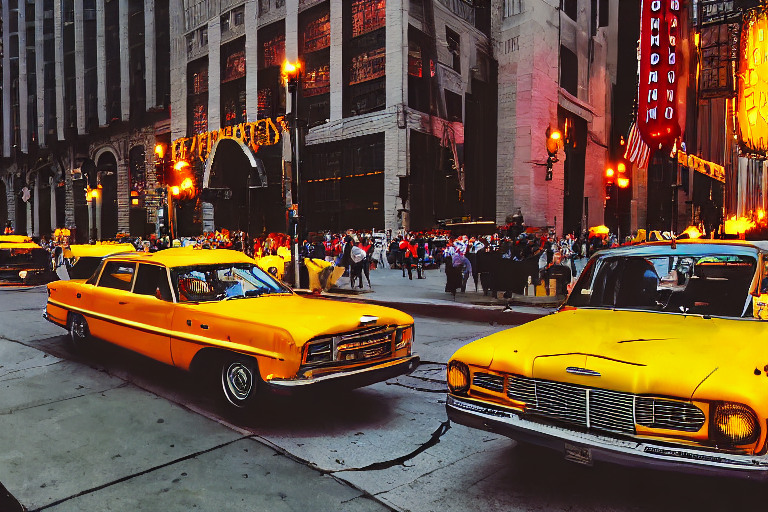Lisa Doris Alexander, author of The New Black Film Canon She argues that there are numerous films that are not part of the tradition of Black cinema that provide more enthralling depictions of Black characters than the ones that have been popular for years.
Barry Jenkins’ Medicine for Melancholy, a romantic comedy which debates the specifics as well as Nikyatu Jusu’s work-related drama Aisha explores the complexities of existence in the context of an high-end Manhattan family. Both of these films are worth seeing if you’re into Black film.
1. The Blood of Jesus (1940).
In 2007, Slate released the New Black Film Canon. It was among a number of well-respected lists that featured certain of the most important cultural films made by Black directors.
Spencer Williams’ 1941 movie that was a morality and religious drama that was shot in Texas with a budget of just $5,000, was the first movie to be registered to the register. The film is an important film in the field of race cinema as well as an important historical document that traces the history of Black Southern Baptist culture.
2. Bessie (1995)
Bessie Coleman, who was then 18 had saved up enough funds for Langston University in Langston (formerly Colored Agricultural and Normal University). The college she attended was closed within a single semester because it was expensive.
The tale shows how anyone can conquer every obstacle. The powerful tale is an inspiring message to Black girls, encouraging them to take risks, and pursue their goals.
3. The loss of Ground (1988).
Losing Ground, is the story of an African-American woman director who was inducted into the National Film Registry. It is the story of an Black woman who teaches philosophy , and her husband who is an abstract artist.
Kathleen Collins, a multi-talented director, brings together her many abilities in this character study. This is an unexpected film! The film is an amazing film-making masterpiece, that Milestone Films has recently restored for theatrical release and physical release.
4. The House on Mango Street The House on Mango Street, 1960
Sandra Cisneros has written The House on Mango Street, a story about Esperanza Corero. The story is based on Esperanza’s experiences when she was a child living who lived in poor Mexican American neighborhoods.
The book is comprised of a variety of scenes that reminisce on Esperanza’s past. The vignettes provide an insight into the social and cultural issues faced by the Chicanas of the Chicago’s Hispanic Quarter.
5. The Smell of Success (1980).
A worthy Oscar contender for the best film this year is the Smell of Success, or SLOB in its short form. The film is a show stopper and is starring Burt Lancaster. The stars like Michael Caine, Phyllis Smith as well as others appear in the film. The film is a delight from beginning to end.
6. The Last Picture Show (1960).
NPR and Slate are collaborating in the creation of The Black Film Canon. The Black Film Canon collection of movies made by Black directors. The gatekeepers as well as those who create the top-of lists have to consider the variety of creative talent Black filmmakers showcase on screen, regardless of the historical challenges.
This selection from director Peter Bogdanovich is an adaptation of Larry McMurtry’s semi-autobiographical novel. The story is set in small Texas and is based on the love story between two seniors from high school.
7. The Taking of Pelham 1 – 3 (1968).
One of the most enduring movies of the early 70s is the Taking of Pelham 1. 2. 3. It’s a well-produced and meticulously produced thriller featuring a plot that is effective and practical.
Four men with guns take control of the New York subway train, seeking a ransom of 1 million dollars. In order to ensure the safety of passengers, Walter Matthau (the head of the transit police) fights against city hall as well as his fellow officers.
8. The Blues Brothers (1980).
Blues Brothers (1980), is a must-see for anyone looking for amazing Black. The episode is a tribute to Jake as well as Elwood Blues two from Saturday Night Live pioneers John Belushi (Dan Aykroyd)
Their love of music that is the film’s main theme. They’re introduced to some of Chicago’s top blues and soul musicians. The film also devotes large chunks of the film in absurd car chases and comedy.
9. The Godfather, 1972
Start your journey towards the best Black cinema by acquiring The New Black Film Canon. The Godfather was the first film to establish a new category of films that focused on criminals in organized criminals. The film also established the standards for these films.
The film was an enormous success for critics as well the public. It also revived Marlon Brando’s fame. Coppola was also an important actor in the field.
10. “The Sun, the Riesin” (1963).
There are some great Black films from the past on The New Black Film Canon. The movement is expanding in popularity among literary tastemakers as well as social media influencers, and media executives seeking to restore the importance of older films.
The films are full of wit and are fresh and contemporary throughout every time and also films which were created prior to the advent of the internet. The films are well worthy of your attention.






